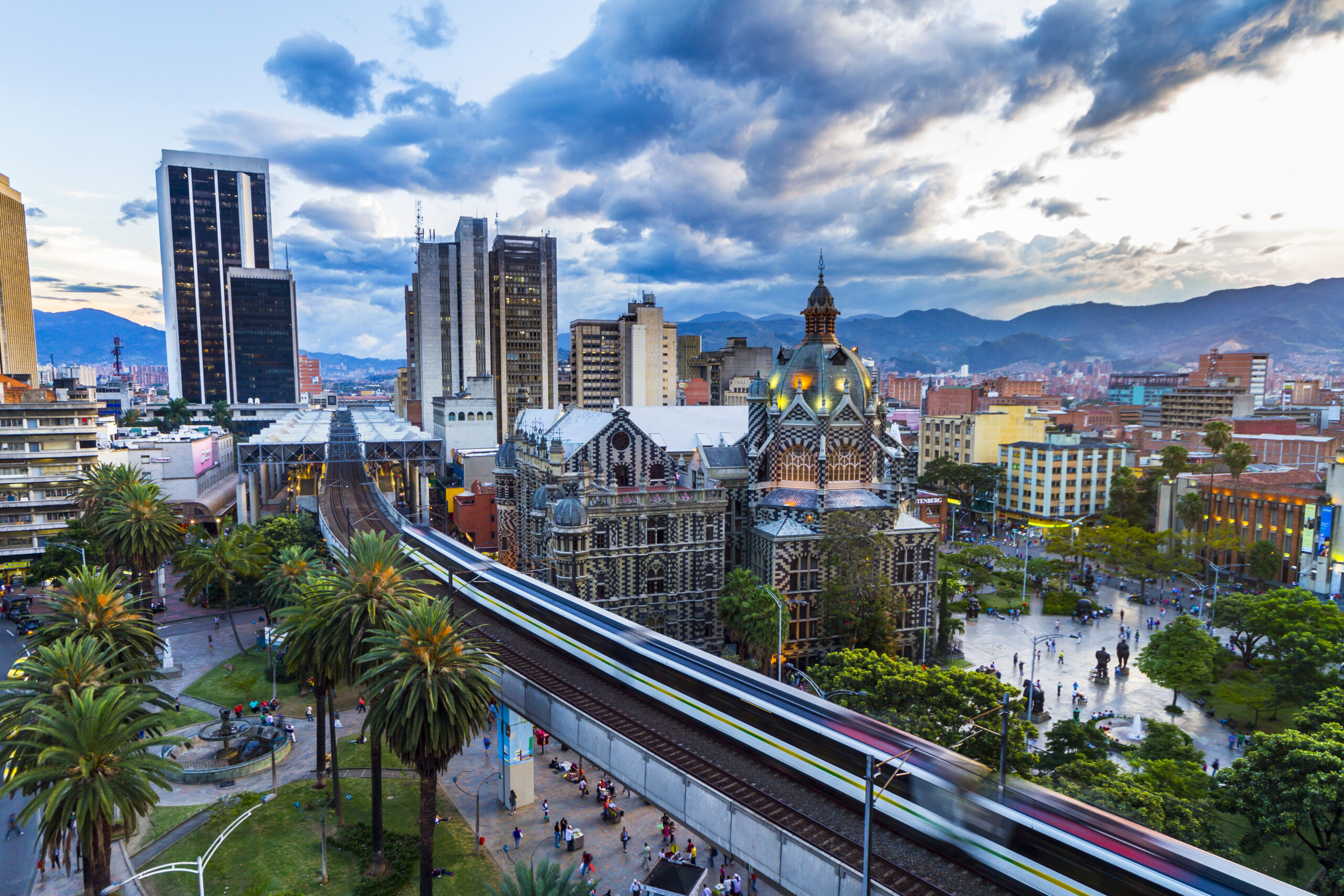As digital nomadism gains momentum, a new study reveals the Texan capital of Austin is the best place to remote work. Rose Dykins reports
A new study by Carphone Warehouse has revealed the world’s 30 best cities for remote working – with Austin, Texas, claiming the top spot.
Because of Covid-19, many professionals have become remote workers for the first time. When and where it’s possible, a new wave of people may take it a step further and convert to the digital nomad lifestyle.
Globetrender has been tracking the digital nomad trend for some time – travellers who hold down a career while exploring the world.
Untethered to a physical office space, digital nomads have tended to be freelancers and entrepreneurs with jobs that can be carried out from their laptop. They enjoy the freedom of packing up their lives, moving to a new country and working somewhere new (often from a local co-working space).
But the pandemic has now forced many more traditional, employed office workers to work in a similar way, as individual satellites operating outside of a centralised office.
In the Carphone Warehouse study, cities from 30 countries were analysed according to three categories of freelancer and remote working must-haves. These were:
• Work: employment rate, average monthly salary, number of co-working spaces available, commute dissatisfaction and internet speed.
• Living conditions: cost of living, monthly rent and healthcare ratings.
• Fun: a leisure activity score out of 100 and a quality of life measure.
The top 15 cities for remote working…
1) Austin  Texas’s capital came out as the overall best city for remote working. It scored highly for monthly salary (approximately £3,688), as well as internet speed (137 mbps), leisure activities and quality of life. Still, it faltered slightly due to its high cost of living and monthly rent, as well as its lack of co-working spaces.
Texas’s capital came out as the overall best city for remote working. It scored highly for monthly salary (approximately £3,688), as well as internet speed (137 mbps), leisure activities and quality of life. Still, it faltered slightly due to its high cost of living and monthly rent, as well as its lack of co-working spaces.
2) Chiang Mai
The beautiful city in northern Thailand received top scores for its commute and quality healthcare. It also scored well for monthly rent, leisure activities and internet speed (136 mbps), but ranked low for its co-working spaces.
3) Berlin
Excelling for its leisure activities, Berlin (and German cities overall) scored very well for quality of life. The capital didn’t rank as well for affordable living or its number of co-working spaces.
4) Barcelona

The Catalan capital received high scores across healthcare, commuting and leisure activities. In the study, while never scoring lowest for any of the factors measured, Spanish cities didn’t fare well for employment rate (49 per cent of people are in employment nationally) or monthly salary (£1,298).
5) Melbourne
The Australian city gained impressed marks for its leisure activities and quality of life. Overall, Australia also had strong commute satisfaction and healthcare figures, but ranked surprisingly low for internet speed (43 mbps).
6) Toulouse
The Pink City scores well for commute satisfaction, healthcare, internet speed and quality of life. In general, though, French cities in the study received low marks for employment rate and number of co-working spaces.
7) Montréal
Canada’s culinary capital was ranked high for its commute, quality of life, leisure activities and internet speed. On the flip side, it has relatively few co-working spaces and a high cost of living.
8) Dubai
With 80 per cent of its workforce currently in employment, Dubai had the highest employment rate across all the cities studied. It also scored well for its commute, but fell short for cost of living, monthly rent and number of co-working spaces.
9) Medellin
The cool Colombian city scored extremely well for commute satisfaction, cost of living and monthly rent. These were counteracted by a low score for monthly salary (fourth from the bottom).
10) Oslo
The Norwegian capital gained impressive marks for commute satisfaction and quality of life, as well as internet speed, healthcare and leisure activities. It was marked down for its lack of co-working spaces.
11) Auckland
The freelance-friendly city of Auckland scored well for commute satisfaction, quality of life and healthcare. Conversely, it ranked low for its low number of co-working spaces and its high cost of living.
12) Amsterdam
The Netherlands’ capital scored well for quality of life, leisure activities and its commute. High monthly rent brought it down in the ranks.
13) Hong Kong
Hong Kong scored the highest internet speed of all cities assessed (169 mbps). It received an excellent score for leisure activities and its commute, but was marked down for its high cost of living, high monthly rent and quality of life.
14) London
The UK capital scored full marks for its leisure activities, its number of co-working spaces and (perhaps surprisingly) its commute. However, the UK’s less-than-impressive internet speed, high cost of living and soaring rent were major downfalls.
15) Tel Aviv
Israel’s capital performed well for commute satisfaction and leisure activities, but scored low for its cost of living and monthly rent, as well as its low number of of co-working spaces.
What’s coming next? Trend reports available to download HERE





